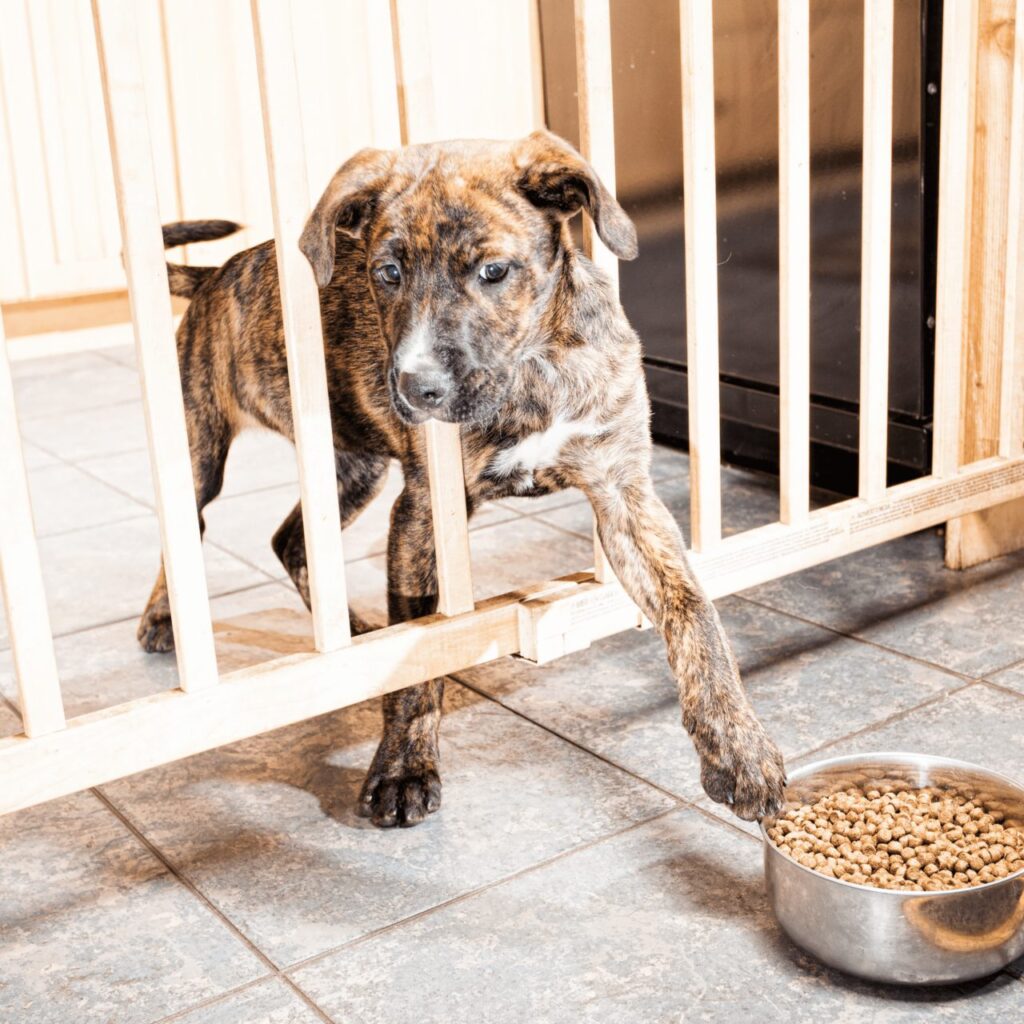
FREE Help I've Got A New Puppy Survival Guide
Sign up to our mailing list and we will give you all you need to know on making your first 7 days count. Includes sleep, feeding, toilet training, chewing and much more!
Recent posts
Blog categories
Search the blog
Keeping your dog healthy this walk the dog month
Posted on 21st December 2021

January is Walk Your Dog month. Those dark nights and cold days don't do anything for our mental health especially after the excitement of Christmas is over.
Most of us will be looking at our own health and making those promises to ourselves of eating better and fitting in regular exercise.
But our dogs feel the same way as we do, missing out on those longer walks and fun with their friends.
So, what do we need to consider when we look at the health of our dogs?
1.Physical dog health
As well as exercise, all dogs need access to fresh water, a healthy diet and freedom from pain.
This means having water available at all times and making sure it is fresh, feeding them a diet which suits them (no runny poos or overweight dogs) and regular preventative vet care as well as access to medical care as soon as it is needed.
We know that dogs need exercise but how much will depend on their age, breed and working needs. Over exercise such as repetitive ball throwing or rough play with other dogs can be as bad for your dog as under exercise.
Consider also the way your dog walks particularly on their lead and/or harness. Constant pulling through their necks, shoulders, backs and legs is going to have physical repercussions as they get older.
Physical comfort can also come from comfortable places to rest such as high K9 beds for older dogs to get their joints off the ground.
2. Mental dog health
All our dogs were bred to do a job of work for man - whether that be flushing a bird or herding a sheep, we have utilised our dogs for centuries to help us find, hunt and secure food. Now this is largely for fun but the instincts of our dogs remain the same.
Needing a job means that our dogs have brains which love to be occupied, challenged and thrive when learning new things.
Dogs are also social animals and are genetically programmed to bond with humans meaning they need trusting, bonding attachments to be happy and healthy.
One of The 5 freedoms is "freedom to express normal behaviour"
For our dogs this could be digging, chasing, holding, chewing, herding, biting or ripping depending on their breed.
To meet their mental needs consider
- food toys which allow the above
- enrichment games
- training
- play
- appropriate outlets such as a digging box
3. Emotional dog health
Dogs feel things - it's not hard to see the range of feelings they have from the excitement of seeing a friend to the fear of getting in the car.
Good emotional health means freedom from fear and distress as well as being able to manage their emotions when they need to.
I see dogs who are frustrated, angry, fearful, scared and depressed. Often, these are caused by environments or situations we humans place the dog in which they can't cope with.
To meet the emotional needs of your dog I recommend
- training with kind positive methods that are consistent
- using management to prevent problems rather than simply reacting to things as they happen
- using all the recommendations for mental health above
Keeping your dog fit and healthy is much more than simply physical, dogs need to be mentally and emotionally cared for as well
For our downloadable PDF book of ideas for training for mental and emotional health click here.
Email: clair@talktothepaw.io | Mobile: 07969 036789 | Privacy Policy



